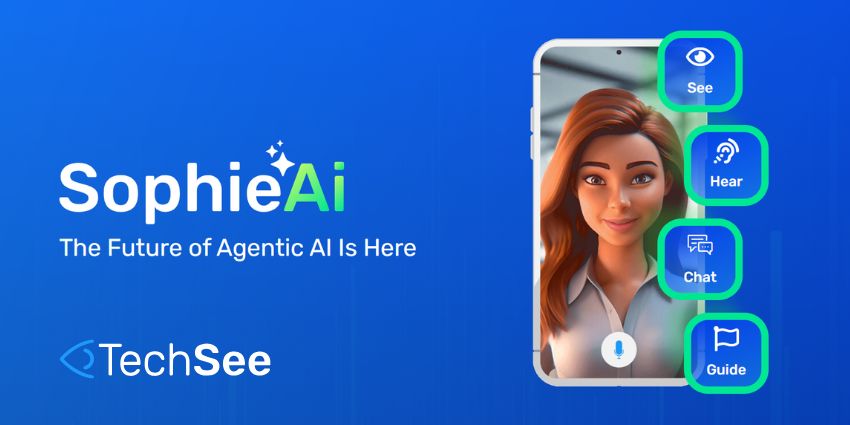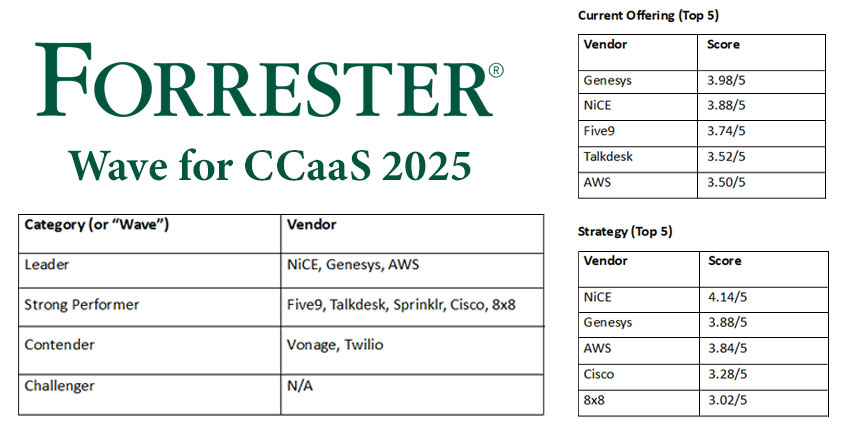Patagonia has been accused of breaking California privacy law by recording and analyzing customers’ communications without their permission.
The outdoor clothing and equipment provider deploys Talkdesk’s CCaaS offerings to handle customer service communications, with the lawsuit alleging that the vendor intercepts, records, and analyzes every customer and business communication.
As well as the information being accessible to Patagonia, it is also routed directly to Talkdesk’s servers in real-time, where it is transcribed and analyzed by AI models to provide an overview of the customer’s query and emotional state.
While data collection may appear to be fairly standard contact center practice, the suit claims that Patagonia and Talkdesk do not obtain customer consent before recording the communications, which is illegal under California law.
Moreover, the suit also states that Talkdesk “uses obtained communications for its own purposes,” arguing that the customer engagement and real-time data collected is used to advance and improve the company’s solutions.
The lawsuit has been brought forward by Patagonia customer Michelle Gills, on behalf of herself and “all others similarly situated.”
The suit summarizes Gills’ grievance as follows:
“She [Gills] called Patagonia’s customer-service line in January 2024. Ms. Gills expected that her conversations with Patagonia would be kept confidential.
She did not know that Talkdesk was secretly listening to her conversations, nor did she consent to her conversations being intercepted, listened to, recorded, and used by Talkdesk.
“She would not have communicated with Patagonia if she had known this were the case.”
Unpacking the Case
In total, the Class Action Complaint includes four causes of action: two violations of the California Invasion of Privacy Act, an invasion of privacy under California’s constitution, and an intrusion upon seclusion.
It is also important to note that while Talkdesk’s role is discussed throughout the suit, it is Patagonia that is listed as the sole defendant.
From a customer service and experience perspective, the two key tenets of the suit are a lack of customer consent and the economic value of the communications collected by the two companies.
The lawsuit argues that while customers who call Patagonia are told that the conversation “may be recorded for quality training purposes,” they are not informed that the information will be accessed by a third-party (Talkdesk), or how said third-party will use the data.
There is a similar issue with Patagonia’s Privacy Notice, which does not reveal that Talkdesk or any other third party has access to customer communications.
In addition, the suit claims that the Privacy Notice is a “non- binding browser-wrap” that is included as an accessible piece of information, rather than something that customers are required to agree/consent to.
Regarding the economic value of customer information, aside from its use in training and informing Talkdesk’s AI models that was discussed above, the case alleges that the communications are a “form of currency” and that this is “well understood in the e-commerce industry.”
Indeed, in support of these claims, an extract from the Harvard Law Review written by Professor Paul M. Schwartz is cited:
“Personal information is an important currency in the new millennium. The monetary value of personal data is large and still growing, and corporate America is moving quickly to profit from the trend.
Companies view this information as a corporate asset and have invested heavily in software that facilitates the collection of consumer information.
While it may be some time before a resolution between the plaintiff and companies is reached, the suit still serves as a warning to any companies who are not being completely transparent about how and why they are collecting and using customer data.
Given the rumors of imminent AI regulations, this is particularly relevant to those organizations – like Patagonia/Talkdesk – that leverage the technology when analyzing customer information.
CX Today contacted Talkdesk’s press team for a comment but did not receive an immediate response.
More Legal Lessons
Patagonia might be the latest high-profile brand caught up in a customer service legal dispute, but it is far from the first.
Earlier this year, telecoms provider Eir was accused of instructing its employees to violate legal regulations on handling customer complaints, with a judge labeling the company a “disgrace.”
The allegations arose from a court case initiated by ComReg – Ireland’s telecoms, radio, and postal services regulator – which cited multiple legal breaches in Eir’s customer service practices.
ComReg presented an Eir manual that allegedly threatened employees with disciplinary action for adhering to legal complaint procedures. The manual explicitly instructed staff not to provide customers with the complaints number or webpage address, warning that any agent who did so would face disciplinary measures for “call avoidance.”
Additionally, it directed employees to prioritize complaints containing specific “trigger” words, implying that issues not mentioning these words were often unresolved.
Elsewhere, the New York City Mayor was forced to defend the city’s chatbot after it advised business owners to break the law and miss-quoted local policies.
Developed by New York City and powered by Microsoft’s Azure AI, the “MyCity” chatbot provided incomplete and sometimes “dangerously inaccurate” information, according to a local housing policy expert.
Additionally, the bot shared authoritative-sounding but incorrect insights on housing policy, worker rights, and entrepreneurial rules.







